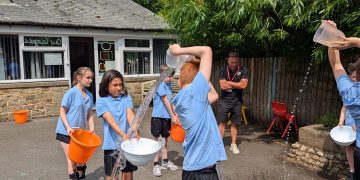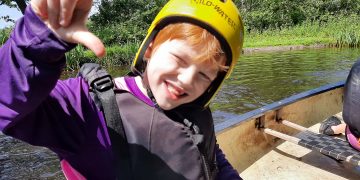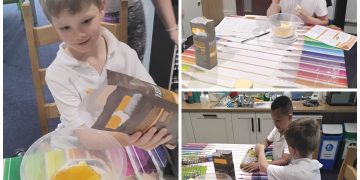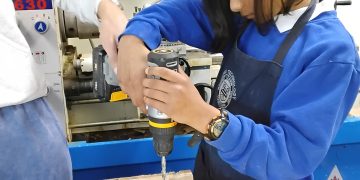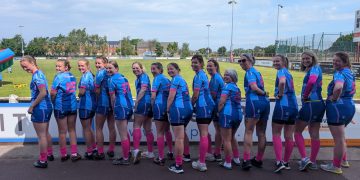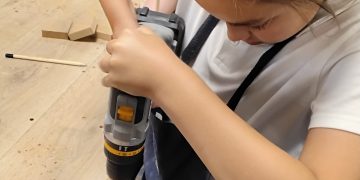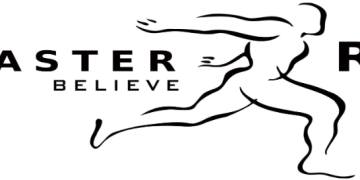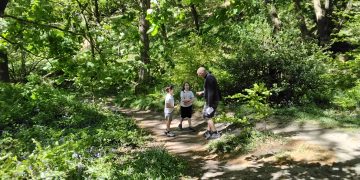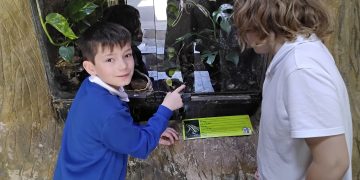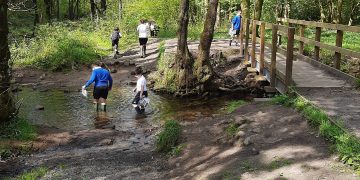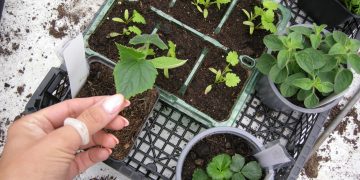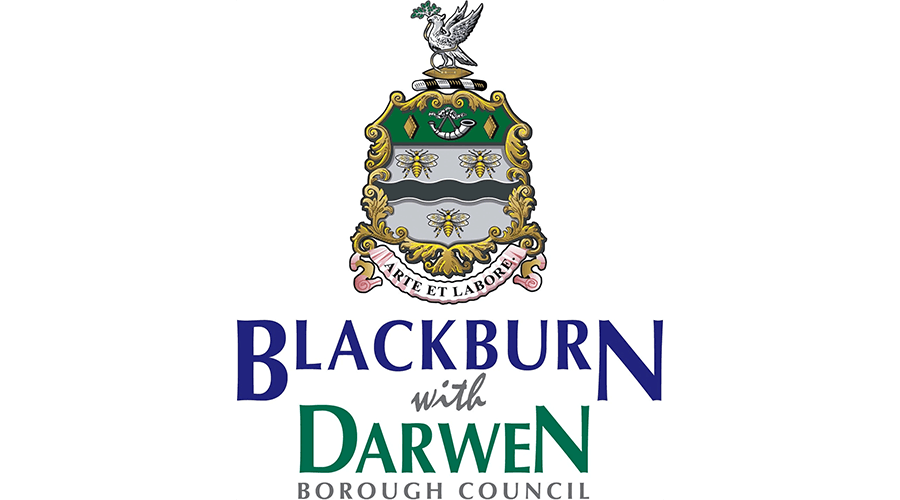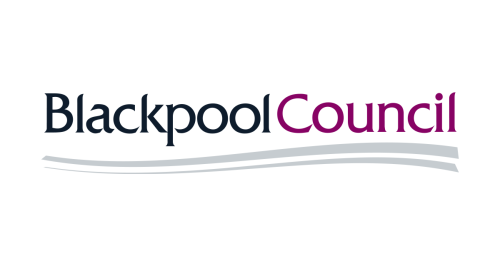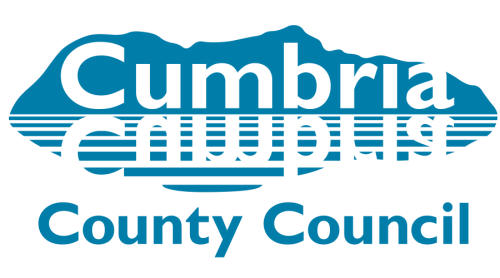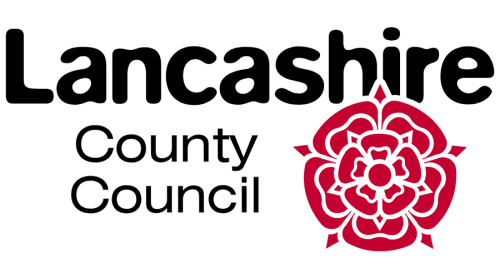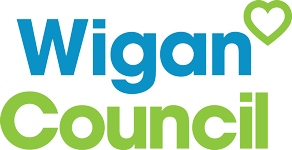Curriculum
1. Introduction
The curriculum is all the planned activities that we as a school organise in order to promote learning, personal growth and development. The curriculum is centred around the National Curriculum and its specific progress targets. Due to prior experiences and/or more global learning difficulties our pupils may need a varied and bespoke approach to enable them to access all their learning. A priority of the curriculum is to increase academic and emotional literacy levels. This allows the pupils to grow in all areas of life, building knowledge and resilience side by side. We aim to teach pupils how to grow into positive, responsible people, who can work and cooperate with others, whilst developing knowledge, skills and attitudes to learning, in order that they achieve their true potential.
2. Values
The school curriculum is the structure from which we can effectively grow pupils’ outlook and aspirations based on acquiring skills through expanded knowledge. Our Values aim to compound the positivity the curriculum exudes.
These are the main values of our school, upon which we have based our curriculum:
- Pupils’ uniqueness is celebrated and developed ensuring diversity of personality being seen as only positive. Our curriculum promotes respect for the views of each individual child.
- Respect for all others spanning the community including government institutions is paramount to a healthy forward looking cooperative outlook on life.
- We value that every pupil can positively contribute to society through a strong sense of belonging and acceptance of diversity.
- Through strong local ecological and environment work we can contribute to ensuring we as individuals can support our local area and the wider world in protecting our planet.
3. Aims and objectives
The aims of our school curriculum are:
- To enable all pupils to learn and develop their skills to the best of their ability.
- To promote a positive attitude towards learning, so that pupils enjoy coming to school and acquire a solid basis for lifelong learning.
- To teach pupils the basic skills of English, Mathematics and Computing, alongside all other curriculum areas.
- To enable pupils to be creative and to develop their own critical thinking.
- To teach pupils about the developing world, including how their environment and society have changed over time.
- To help pupils understand Britain’s cultural heritage.
- To enable pupils to be positive citizens in society.
- To fulfil all the requirements of the National Curriculum (2014).
- To teach pupils to have an awareness of their own spiritual development, understanding right from wrong.
- To help pupils understand and value the importance of truth and fairness, so that they grow up committed to equal opportunities for all.
- To enable pupils to have respect for themselves, high self-esteem, and to be able to live and work cooperatively with others.
To allow pupils to build resilience, supporting and understanding their own mental health.
A main objective of the curriculum should be to always, where possible, address discrimination on the grounds of race, religion, gender, sexual orientation, age and other criteria, and promote racial and other forms of equality.
These are known as protected characteristics and can be seen below in full.
- Age.
- Disability.
- Gender reassignment.
- Marriage and civil partnership.
- Pregnancy and maternity.
- Race.
- Religion or belief.
- Sex.
- Sexual orientation.
4. Organisation and planning
We plan our curriculum in Year groups, based on the requirements of the National Curriculum 2014. These can be found on the National Curriculum website:
www.gov.uk/government/publications/national-curriculum-in-england-framework-for-key- stages-1-to-4
The Foundation subjects, with a strong link to English, are taught using a thematic approach which is planned using Cornerstones Curriculum Maestro. Each topic has a long-term plan, which clearly links to the objectives and outcomes for each year group, for each subject area. This indicates the topics, and the National Curriculum objectives that are taught in each term or year. We continuously review our long-term plan to ensure coverage across both Key Stages.
With our termly targets for each child we give clear guidance on the objectives, teaching strategies and key thinking skills that we use when teaching each topic. We teach all subjects using the National Curriculum (2014). This ensures progression in learning and provides pupils with many opportunities to consolidate learning. Our medium-term plans show the objectives being taught and how the pupils will learn, i.e. the activities that they will undertake and the skills that they will develop.
Our short-term plans are those that our teachers write on a daily basis. We use these to set out the learning objectives for each session, and to identify the resources and activities we are going to use in the lesson. They also show the teaching activities and differentiation within these lessons.
All elements of the curriculum have been developed using Cornerstones Curriculum Maestro. PSHE is supported by the Coram Life Education- SCARF and affiliated resources from TWINKL.
Curriculum overviews 23/24:
Curriculum Maestro Overview- Sept 2023/24-NEW V2
English reading- Non negotiables
English writing- Non negotiables
5. Pupils with special needs
All pupils at Calder Lodge have an EHC plan and IEP’s are written for all pupils to demonstrate progress towards their targets. The curriculum in our school is designed to provide access and opportunity for all pupils who attend the school. If we think it necessary to adapt the curriculum to meet the needs of individual pupils, then we do so.
The school provides a profile for each of the pupils which sets out the analysis of the need, strengths and areas for development and how these will be supported. Advice from the appropriate external agencies is incorporated into the profile.
6. Key skills
Our curriculum ensures progression in the following key skills:
- Reasoning.
- Enquiry.
- Working with others and communication.
- Improving my own learning and performance.
- Problem-solving and creativity.
- Computer skills.
In our curriculum planning, we plan to help pupils develop these skills, so that the pupils’ progress can be identified and monitored. All subject areas contribute to a child’s progress in these skills. Our school believes that all pupils need to make good, relative progress in these skill areas in order to develop to their true potential.
7. Monitoring and review
The Head Teacher is responsible for monitoring the way the school curriculum is implemented.
The Head Teacher is responsible for the day-to-day organisation of the curriculum. The Head Teacher monitors the plans for all teachers, ensuring that all classes are taught the full requirements of the National Curriculum.
Checkout our Instagram feed



 Kelly Farnworth-HeadteacherCalder Lodge School
Oakenclough
Preston
Lancashire
PR3 1UL
Kelly Farnworth-HeadteacherCalder Lodge School
Oakenclough
Preston
Lancashire
PR3 1UL 01995 676565
01995 676565 info@calderlodge.school
info@calderlodge.school Mon-Fri: 8:00 am – 4:00 pm
Mon-Fri: 8:00 am – 4:00 pm

